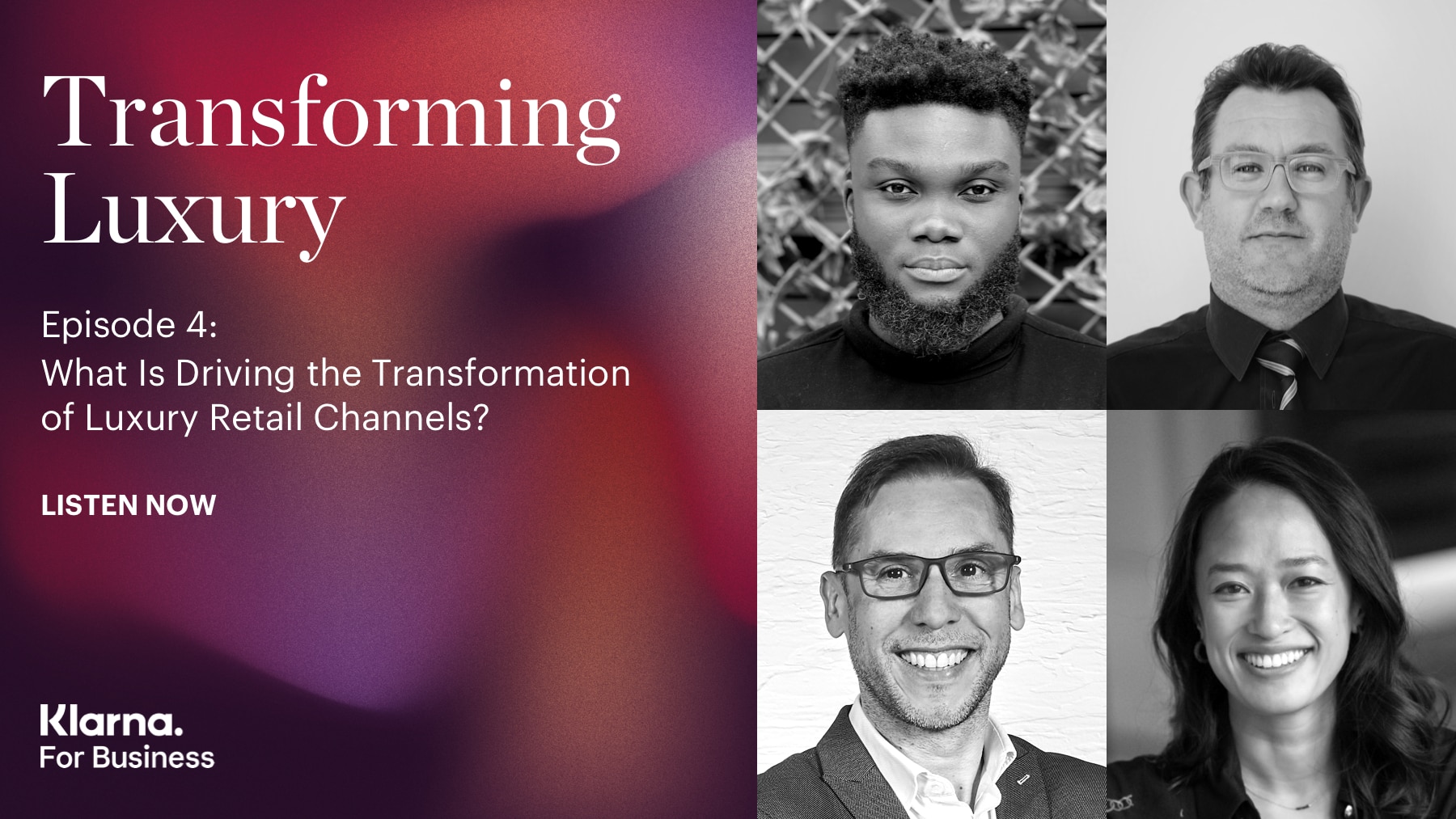
Follow the series to ensure you never miss an episode.
Today, the channels that consumers can now use to connect with brands to elicit a range of interactions have multiplied, dramatically. With major new platforms emerging all over the world, the retail networks utilised by luxury brands are evolving at an unprecedented pace to include a huge number of customer touch points — each a distinct opportunity for growth but requiring an idiosyncratic strategy for success.
Due to mobile-commerce and social-commerce, when, how and why a consumer transacts with a brand has been reimagined entirely. The linear paths to purchase with which we are so familiar are being replaced by new conduits that combine digital content with customer-centric retail strategies to make transacting as engaging, enjoyable and instantaneous as possible.
There is one region responsible for the lion’s share of retail innovation: China. The engine of the luxury industry’s growth for decades is now the epicentre of the most significant retail innovation in the market.
From buy now, to swipe up, unboxing to bounce houses, KOLs, KOCs, shoppable video, live streaming, digital clienteling, resale sites, marketplaces, macro and micro influencers — luxury’s retail channels have been reimagined at scale. Now, that innovation is beginning to shape global retail strategy.
To discover what this means for the future of the luxury goods industry BoF assembled four global authorities to share their insights with host Robin Mellery-Pratt.
Timothy Armoo is the CEO of Fanbytes, which supports social media creators to navigate success, while also guiding brands to reach younger audiences on emerging and existing platforms. Selected for Forbes 30 under 30 in 2021, Armoo was named by The Evening Standard as one of the most influential people in marketing and advertising.
“When we advise our brands, the best way to go is, you say that you want to reach Gen-Z, but let’s go a layer down. Let’s go to a sub layer, and what niches — what core niches — are we actually trying to engage within that particular demographic? […] Who exactly are we trying to engage?”
Iris Chan is a partner at Digital Luxury Group, which assists global clients with their digital presence and activities in the Mainland China market. Chan has over 12 years of marketing experience in agencies and consultancies in North America and Asia Pacific markets, specialising in luxury consumer behaviour and working closely with brands including Richemont and Ralph Lauren.
“Whether it be Weibo, Douyin, WeChat, TMall, Bilibili, any of these — and there’s still so many more beyond that — a lot of it is interconnected: cross-platform inter connections and redirections, so consumers can have a very unique experience and brands can take them on different types of journeys.”
Jerry Clode is the founder of The Solution Consultancy, which assists brands in navigating the Chinese market. The former head of digital and social insight at Shanghai’s Resonance, Clode launched The Solution Consultancy to help brands understand the consumer mindset and markets of Asian and emerging markets, specifically in China and rapidly expanding digital culture.
“Luxury consumption in China is inherently social. So, to have a relationship with a brand means knowing it to a level where I could confidently introduce it to my friends and to my wider group of contacts.”
Patrice Nordey is managing partner of Fabernovel Asia — an agency that helps businesses expand into Asia and partner with the largest digital players in China, such as Alibaba. Nordey is an economist who specialises in disruptive innovation, new technologies and digital transformation, with 14 years’ experience within the Chinese market.
“A normal brand should deliver hundreds of videos per month to be able to sustain its presence and visibility. In this equation, content creators and KOLs, video streamers, become the key strategic partners for brands to convert users into customers.”
Follow the series to ensure you never miss an episode and discover actionable insights into the opportunities and challenges a redefined industry will bring and how luxury’s transformation will impact your business.



